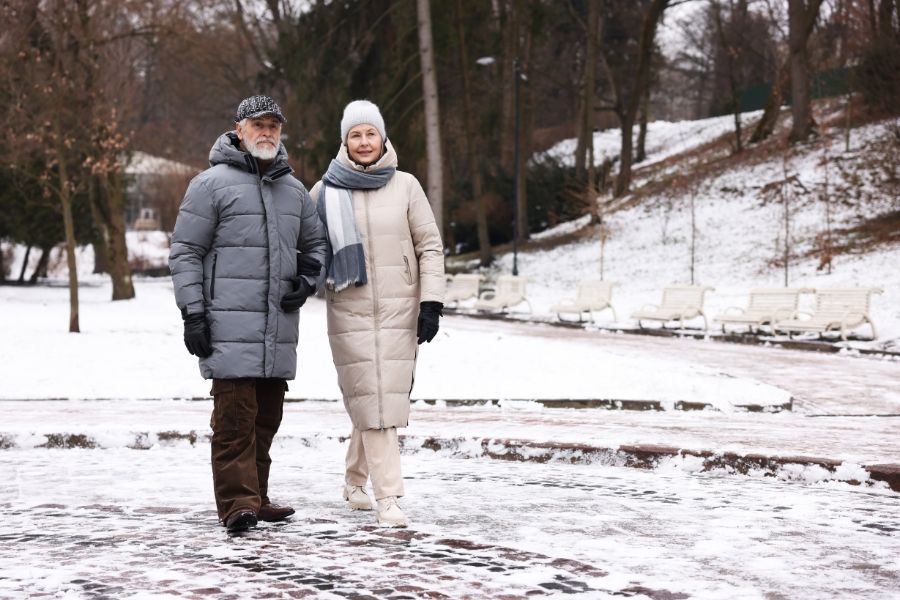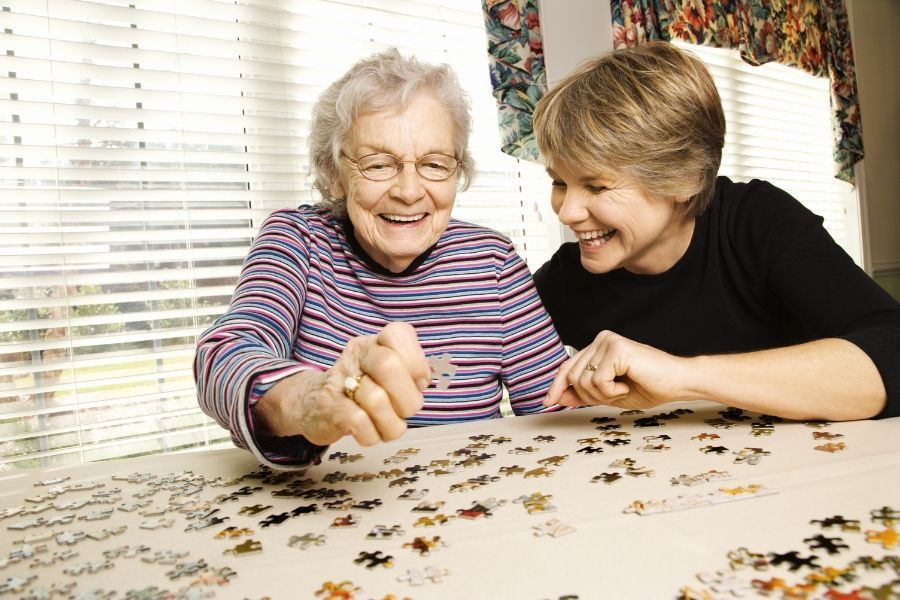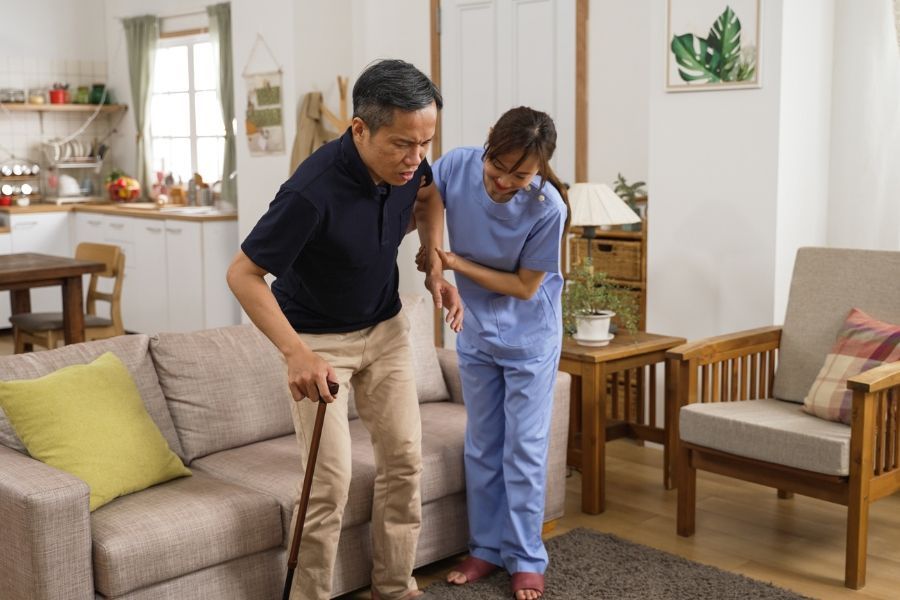Overnight Caregiving: Ensuring Safety and Comfort During the Night
Caring for a loved one is a labor of love, but nighttime can often bring added challenges and worry. Darkness can heighten risks, whether it's due to medical conditions, mobility issues, or the need for assistance with nighttime routines. This is where overnight caregiving steps in, offering families peace of mind while ensuring their loved ones are safe and comfortable throughout the night.
Overnight caregiving has become an increasingly essential service, especially for elderly individuals who may require assistance during late hours. This blog explores how overnight caregivers provide critical support, prevent nighttime accidents, and enhance the quality of life for families and their loved ones.
What Does an Overnight Caregiver Do?
Overnight caregivers provide professional assistance during the nighttime hours, ensuring the safety, well-being, and comfort of those in their care. Their responsibilities range widely to meet individualized needs, including:
- Nighttime Routines: Assisting with changing, toileting, and preparing for bed.
- Safety Monitoring: Helping reduce fall risks and addressing emergencies should they arise.
- Medication Reminders: Ensuring prescribed nighttime medications are taken on schedule.
- Companionship: Providing emotional support and reassurance during the night.
- Morning Help: Assisting with dressing, hygiene, and meal preparation to help individuals start their mornings with ease.
These services are particularly valuable for seniors who may have mobility issues, chronic illnesses, or cognitive impairments requiring constant care.
Why is Overnight Care Essential?
1. Prevention of Nighttime Accidents
- Nighttime poses unique risks, from falls to medical emergencies, and many seniors face a higher likelihood of accidents when left unattended. For instance, navigating to the bathroom without adequate lighting or support can lead to falls and serious injuries. Overnight caregivers monitor movement, provide assistance when needed, and significantly reduce these risks.
2. Peace of Mind for Families
- For family members, especially those caring for loved ones at home, the inability to monitor night activities can be stressful. Knowing that a professional is taking care of their loved one during nighttime hours provides a sense of relief and reassurance. It offers families a chance to rest, recharge, and regain their energy for the next day of caregiving.
3. Improved Quality of Sleep
- Sleep interruptions are common among elders who need help due to discomfort, medical conditions, or confusion caused by dementia. Overnight caregivers are trained to help resolve these issues, ensuring the individual feels secure and comfortable, which in turn promotes better sleep for everyone in the household.
4. Support for Independent Living
- Elderly individuals and their families often wish to avoid long-term care or assisted living facilities. Overnight care services enable seniors to maintain independence in the comfort of their own homes while receiving the attention they need to stay healthy and safe.
The Benefits of Choosing Skilled Overnight Caregivers
Not all caregiving services are created equal. Polish Caregivers, for example, emphasizes the value of hiring highly-trained, compassionate professionals to address unique needs during the night. Here are some key benefits families can expect from skilled our overnight caregivers:
- Expert Training: Caregivers are carefully screened and rigorously trained to handle emergencies and specialized needs.
- Customized Care Plans: The best caregiving agencies offer flexible and tailored options, ensuring every service aligns with the family’s preferences and the individual’s requirements.
- Compassionate Support: Caregiving involves more than physical assistance—it relies on building trust and offering genuine emotional care.
- Safety and Convenience: Professional caregivers ensure that your loved one feels secure throughout the night and support your family at every step.
How Overnight Care Works in Practice
Tailored to Your Needs
- Every individual’s needs vary, and professional services like Polish Caregivers design care plans to suit unique requirements. Whether it’s nightly assistance for added security or consistent monitoring for chronic care patients, services are designed to provide both comfort and peace of mind.
Seamless Teamwork
- Families play a crucial role in collaborating with caregivers. By sharing insights about their loved ones' preferences and routines, families can ensure that care is personalized and effective. Open communication strengthens the partnership between families and caregivers.
Trust and Reliability
- Overnight caregiving services offered by reputable agencies are backed by professionalism and transparency. Trustworthy agencies conduct background checks, implement detailed training programs, and provide round-the-clock support. For instance, Polish Caregivers employs insured and bonded caregivers who are rigorously vetted to ensure the safety and well-being of clients.
Is Overnight Care Worth It?
Families often ask themselves whether overnight caregiving is worth the investment. The answer becomes clear when you weigh the benefits against the risks and challenges of not having nighttime support:
- Risks without Overnight Care:
- Increased likelihood of falls or medical emergencies
- Sleep disruptions for both caregivers and loved ones
- Heightened stress on the family due to a lack of evening support
- Benefits of Overnight Care:
- Peace of mind knowing your loved one is monitored and safe
- Improved overall health and quality of life for the care recipient
- Reduced burnout for family caregivers
With professional overnight caregivers, you’re not just hiring someone to watch over your loved one—you’re investing in their safety, comfort, and happiness.
Take the First Step Toward Better Nighttime Care
Considering the above benefits, it’s clear that overnight caregiving services are a vital component of comprehensive care for loved ones. Families can rest easier at night knowing trained professionals are addressing their loved ones’ needs with compassion and expertise.
If you’re in Connecticut and looking for reliable, professional overnight caregiving services, Polish Caregivers is here to support you. They have been a trusted name in compassionate home care since 2001, providing tailored care options to suit every family’s needs.
Contact
Polish Caregivers
today to discuss how
overnight services
can bring comfort, safety, and peace of mind to your family.










